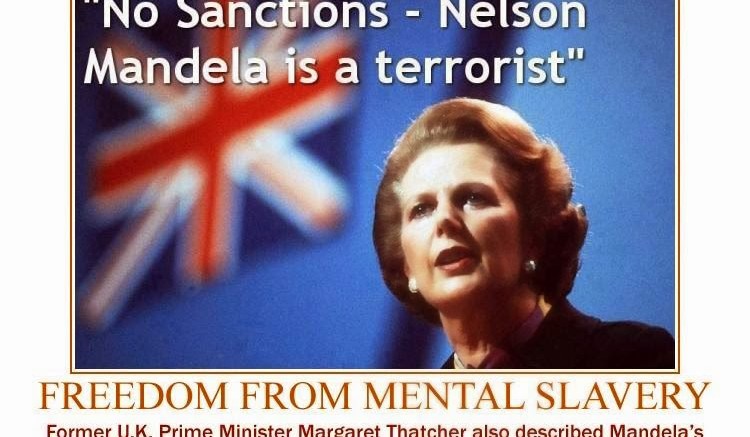The hero of the anti-apartheid struggle was not the saint we want him to be.
The image of Nelson Mandela as a selfless, humble, freedom fighter turned cheerful, kindly old man, is well established in the West. If there is any international leader on whom we can universally heap praise it is surely he. But get past the halo we’ve placed on him without his permission, and Nelson Mandela had more than a few flaws which deserve attention.
He signed off on the deaths of innocent people, lots of them
Nelson Mandela was the head of UmKhonto we Sizwe, (MK), the terrorist wing of the ANC and South African Communist Party. At his trial, he had pleaded guilty to 156 acts of public violence including mobilising terrorist bombing campaigns, which planted bombs in public places, including the Johannesburg railway station. Many innocent people, including women and children, were killed by Nelson Mandela’s MK terrorists. Here are some highlights
- Church Street West, Pretoria, on the 20 May 1983
- Amanzimtoti Shopping complex KZN, 23 December 1985
- Krugersdorp Magistrate’s Court, 17 March 1988
- Durban Pick ‘n Pay shopping complex, 1 September 1986
- Pretoria Sterland movie complex 16 April 1988 – limpet mine killed ANC terrorist M O Maponya instead
- Johannesburg Magistrate’s Court, 20 May 1987
- Roodepoort Standard Bank 3 June, 1988
Tellingly, not only did Mandela refuse to renounce violence, Amnesty refused to take his case stating “[the] movement recorded that it could not give the name of ‘Prisoner of Conscience’ to anyone associated with violence, even though as in ‘conventional warfare’ a degree of restraint may be exercised.”
Mandela was friendly with dictators
Despite being synonymous with freedom and democracy, Mandela was never afraid to glad hand the thugs and tyrants of the international arena.
General Sani Abacha seized power in Nigeria in a military coup in November 1993. From the start of his presidency, in May 1994, Nelson Mandela refrained from publicly condemning Abacha’s actions. Up until the Commonwealth Heads of Government meeting in November 1995 the ANC government vigorously opposed the imposition of sanctions against Nigeria. Shortly before the meeting Mandela’s spokesman, Parks Mankahlana, said that “quiet persuasion” would yield better results than coercion. Even after the Nigerian government announced the death sentences against Saro-Wiwa and eight other Ogoni activists, during the summit, Mandela refused to condemn the Abacha regime or countenance the imposition of sanctions.
Two of the ANC’s biggest donors, in the 1990s, were Colonel Muammar Gaddafi of Libya and President Suharto of Indonesia . Not only did Mandela refrain from criticising their lamentable human rights records but he interceded diplomatically on their behalf, and awarded them South Africa ‘s highest honour. Suharto was awarded a state visit, a 21-gun salute, and The Order of Good Hope (gold class).

